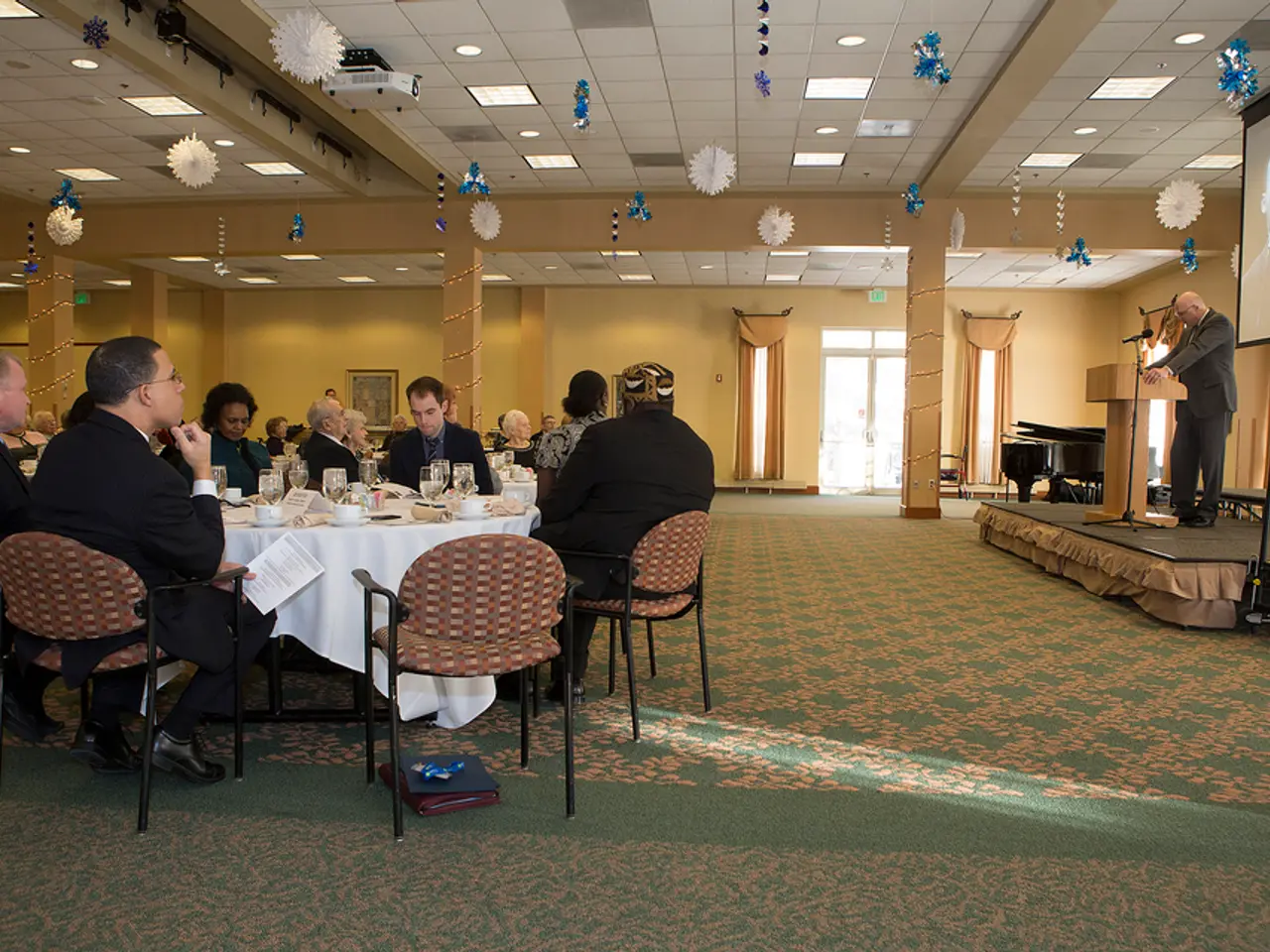Renal cancer reoccurrence post nephrectomy: What's the potential danger?
In the battle against kidney cancer, it's essential to understand the risks and strategies associated with its recurrence after surgery. Approximately 30-40% of people who undergo surgery for renal cell carcinoma (RCC) may face this challenge.
Risk factors for kidney cancer recurrence after nephrectomy are diverse, encompassing tumor biology, patient demographics, and treatment variables. Larger tumor size, especially those exceeding 5 cm, higher tumor grade (Grade III/IV), non-clear cell histology, and treatment-related factors like prior radiotherapy and chemotherapy significantly increase the risk. Additionally, older age (above 75 years), delayed treatment initiation, black race, unmarried status, rural residence, and the presence of metastases are associated with higher recurrence risk.
To reduce the risk of recurrence, a multi-pronged approach is recommended. Regular and tailored surveillance, complete surgical resection, careful use of radiotherapy and chemotherapy, close monitoring of circulating tumor DNA, and general clinical management are key interventions. Histology-specific imaging follow-up protocols are recommended, with closer monitoring for patients with papillary or sarcomatoid RCC, while chromophobe RCC may require less intensive imaging in the first two years post-surgery.
Avoidance or careful use of radiotherapy and chemotherapy is crucial, as these therapies may increase metastatic risk by immunomodulatory effects and should be applied cautiously, often reserved for advanced disease or clinical trials. Emerging strategies include using circulating tumor DNA to detect occult micrometastases early and personalize adjuvant treatment plans.
Prompt treatment initiation, management of comorbidities, and supportive care to maintain renal function and overall health are also important. If a person is at high risk of cancer recurrence after their surgery, their doctor may recommend medication such as pembrolizumab, an immunotherapy checkpoint inhibitor, to help lower the risk of recurrence.
If a person's kidney cancer has recurred and affects the kidneys, they may experience symptoms such as hematuria, a lump on the side or lower back, low back pain on one side, loss of appetite, unexplained weight loss, a persistent fever, fatigue, and anemia. If a person experiences any new symptoms, they should contact a doctor immediately.
Distant recurrence of kidney cancer can occur when the cancer has returned but is in a different part of the body. The signs and symptoms of distant recurrence can vary depending on the area of the body where the cancer has spread. Pembrolizumab treatment can lead to a significant improvement in disease-free survival at 24 months compared to a placebo.
It's important to note that diabetes may also increase a person's risk of kidney cancer recurrence, but more research is needed. Nephrectomy is the most common treatment for kidney cancer, and it can be either radical (removing the entire kidney) or partial (removing the tumor and surrounding tissue). During follow-up visits after a nephrectomy, a doctor may perform imaging tests, blood tests, and a physical examination.
While a nephrectomy can remove kidney cancer, it does not guarantee that the cancer will not return in some people. Therefore, regular follow-up appointments are crucial to allow a doctor to monitor the patient closely and look for signs of cancer recurrence. The frequency of follow-up visits after a nephrectomy may depend on the stage and grade of the original kidney cancer. If a person had early stage kidney cancer, their follow-up visits may be once for the first few years after treatment. If a person had a later stage kidney cancer, their follow-up appointments may be every 3-6 months for the first 3 years.
In summary, understanding the risk factors for kidney cancer recurrence after nephrectomy is crucial in developing effective strategies for prevention and early detection. A multi-disciplinary approach, including regular surveillance, complete tumor removal, cautious use of adjuvant therapies, and emerging molecular monitoring, can help reduce the chance of kidney cancer recurrence after nephrectomy.
- After undergoing surgery for renal cell carcinoma, approximately 30-40% of individuals may face the recurrence of kidney cancer, which is associated with diverse risk factors such as tumor size, histology, age, treatment delay, race, and marital status.
- To reduce the risk of kidney cancer recurrence, a multi-pronged approach is recommended, including regular surveillance, complete surgical resection, and close monitoring of circulating tumor DNA.
- radiotherapy and chemotherapy may increase the risk of metastasis due to immunomodulatory effects, and their use should be cautious, often reserved for advanced disease or clinical trials.
- In some cases, pembrolizumab, an immunotherapy checkpoint inhibitor, may be used to help lower the risk of kidney cancer recurrence for individuals at high risk.
- Symptoms of kidney cancer recurrence may include hematuria, a lump on the side or lower back, low back pain on one side, loss of appetite, unexplained weight loss, a persistent fever, fatigue, and anemia, and any new symptoms should be reported immediately to a doctor.
- Nephrectomy, the most common treatment for kidney cancer, does not guarantee that the cancer will not return, making regular follow-up appointments crucial for early detection and monitoring of signs of cancer recurrence.




